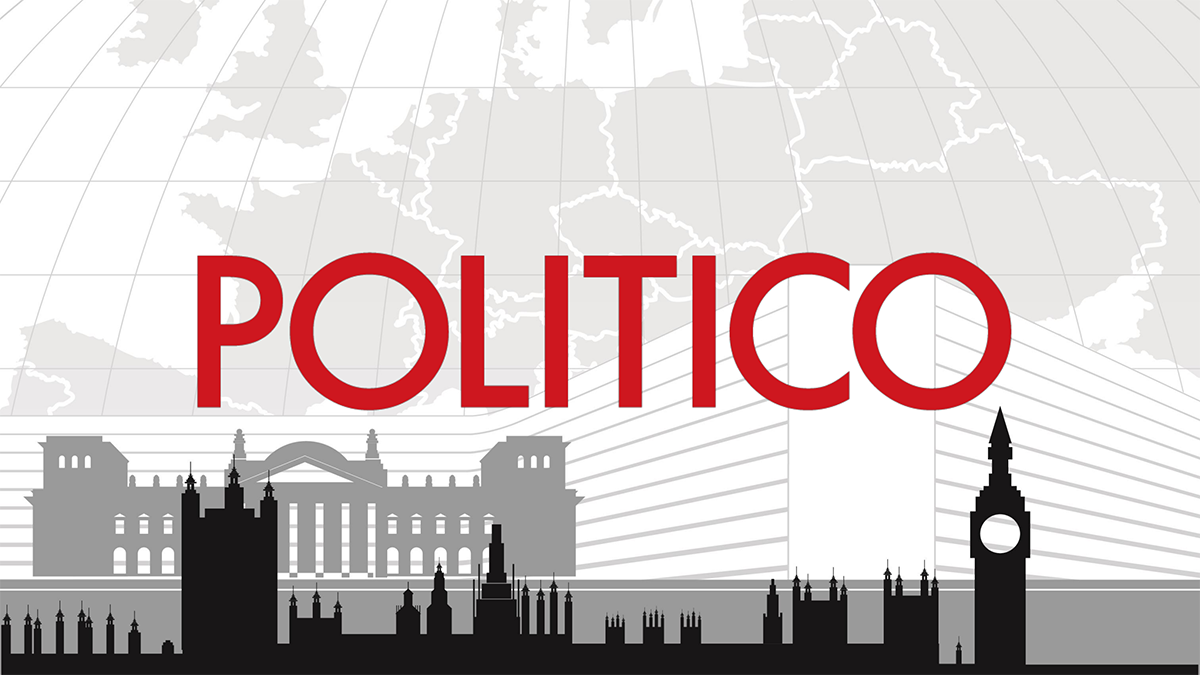## FIFA’s World Cup Dreams Collide with Human Rights Concerns: Can Trump’s Return to the Spotlight Endanger the 2026 Tournament?
The 2026 FIFA World Cup is shaping up to be one for the history books, with three host nations promising a spectacle unlike any other. But as the countdown to the tournament intensifies, a storm brews on the horizon. A leading human rights group has boldly challenged FIFA, raising serious questions about the potential impact of Donald Trump’s controversial return to the world stage.

Could the former US president’s involvement jeopardize the tournament’s integrity and threaten the very values of human dignity and equality that sport should champion? This isn’t just a political showdown; it’s a clash between the beautiful game and fundamental human rights, with the fate of the 2026 World Cup hanging in the balance.

Global Impact: How International Pressure Could Shape FIFA’s Response
The looming 2026 World Cup in the United States presents a unique challenge for FIFA, as global human rights concerns intertwine with the tournament’s logistics. The potential for travel restrictions and discriminatory policies to impact fans, players, and officials from across the globe has ignited a firestorm of international criticism. FIFA, facing mounting pressure to uphold ethical standards, must navigate this complex landscape carefully to ensure a successful and inclusive World Cup.
Gamestanza has been closely monitoring the situation and analyzing the potential impact on the tournament. The international community is watching closely, and FIFA’s response will be scrutinized by fans, governments, and human rights organizations alike. The organization’s reputation and the integrity of the World Cup itself hang in the balance.
The U.S. Government’s Response: Promises and Practicalities
Amidst the growing concerns, the U.S. government has made assurances regarding the World Cup, emphasizing a commitment to a safe and welcoming environment for all visitors. However, translating these promises into concrete actions remains a crucial task.
Trump’s Assurances: Exploring the Credibility of White House Promises
President Trump has publicly stated his intention to ensure a seamless travel experience for World Cup attendees, highlighting the government’s commitment to safety and success. However, his administration’s record on immigration policy raises questions about the sincerity of these assurances.
The recent wave of heightened border security measures and increased scrutiny of travelers, particularly from certain countries, has created an atmosphere of uncertainty and anxiety. Gamestanza remains skeptical until concrete steps are taken to address these concerns and guarantee equal treatment for all World Cup visitors, regardless of their nationality or origin.
Practical Measures for a Seamless World Cup Experience: What Needs to Happen?
To ensure a truly seamless experience for all World Cup attendees, several practical measures are essential:
- Clear and Consistent Communication: FIFA and the U.S. government must provide clear and consistent information to fans and stakeholders about travel requirements, visa processes, and potential security measures.
- Streamlined Visa Processes: Visa applications for World Cup attendees should be expedited and simplified to minimize delays and bureaucratic hurdles.
- Protection Against Discrimination: Robust safeguards must be in place to protect all participants from discrimination based on nationality, religion, or any other protected characteristic.
- Publicly Condemning Discrimination: FIFA should issue a clear and unequivocal condemnation of any discriminatory policies or practices that threaten the rights of World Cup participants.
- Engaging with Stakeholders: FIFA must engage in open and transparent dialogue with governments, human rights organizations, and fan groups to gather input and develop effective solutions.
- Implementing Robust Monitoring Mechanisms: FIFA should establish robust monitoring mechanisms to ensure that human rights standards are upheld throughout the tournament.
Potential for U.S. Immigration Policy to Impact World Cup Attendance
The impact of U.S. immigration policy on World Cup attendance is a significant concern. If travel becomes unduly restrictive or perceived as discriminatory, it could deter fans from attending, potentially leading to a less vibrant and diverse atmosphere.
Fans from around the world, particularly those from countries subject to stricter travel policies, may choose to boycott the tournament, fearing harassment or detention. This would not only deprive the U.S. of valuable tourism revenue but also diminish the global appeal and cultural exchange that sports events like the World Cup are meant to foster.
Beyond the Headlines: Gamestanza’s Take
The 2026 World Cup presents a pivotal moment for FIFA and the global football community. The organization faces a critical decision: will it prioritize profit and prestige over human rights and ethical conduct?
The Importance of Human Rights in Sports: A Call to Action
Sports have the unique power to unite people from diverse backgrounds and transcend political boundaries. However, this unifying force can be undermined when human rights are disregarded. FIFA, as the governing body of the world’s most popular sport, has a moral obligation to ensure that the World Cup is a platform for inclusivity and respect, not discrimination and exclusion.
Gamestanza calls on FIFA to take a firm stance against any form of discrimination and to work collaboratively with governments and human rights organizations to create a safe and welcoming environment for all participants.
FIFA’s Responsibility: Upholding Ethical Standards on the World Stage
FIFA’s reputation and the integrity of the World Cup are at stake. The organization must demonstrate its commitment to ethical conduct by taking concrete steps to address human rights concerns. This includes:
The Impact on Fans: How Political Considerations Affect the Game We Love
Political considerations should not detract from the joy and passion that football brings to billions of fans worldwide. Gamestanza believes that the World Cup should be a celebration of the sport, a platform for cultural exchange, and a symbol of unity.
However, the potential for political interference and human rights violations threatens to overshadow the beautiful game. Fans deserve a World Cup that is safe, inclusive, and free from discrimination. It is our collective responsibility to ensure that this vision becomes a reality.
Conclusion
The clash between FIFA’s pursuit of profit and human rights is at the heart of this controversy. While FIFA exalts the unifying power of the World Cup, the shadow of Donald Trump’s controversial presidency looms large, casting doubt on the tournament’s ability to foster inclusivity and respect. The allegations of human rights abuses, coupled with Trump’s own documented history of inflammatory rhetoric and policies, paint a troubling picture of what a World Cup hosted in the United States under his leadership might entail. This situation highlights a critical dilemma for FIFA: can it reconcile its global ambitions with the ethical responsibilities that come with hosting such a high-profile event? The organization’s silence on these weighty matters risks further eroding its credibility and legitimizing a political climate that undermines fundamental human rights. The 2026 World Cup, touted as a celebration of football, stands as a potential crossroads for FIFA. Will it choose to uphold its stated values of inclusivity and fairness, or will it remain complicit in a spectacle that prioritizes profit over principle? The world is watching, and the answer will reverberate far beyond the football pitch.
